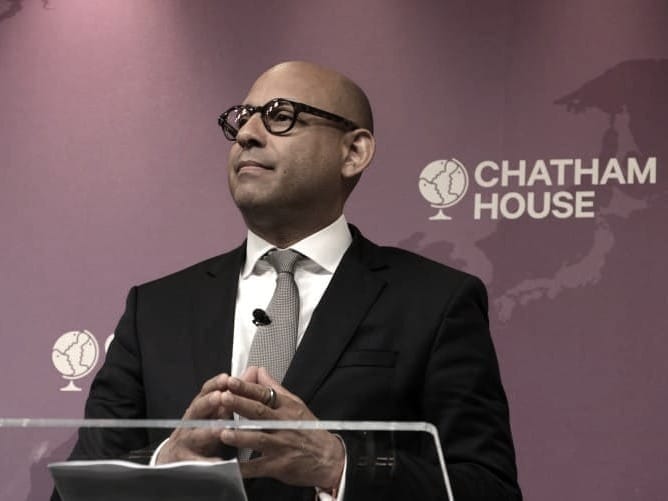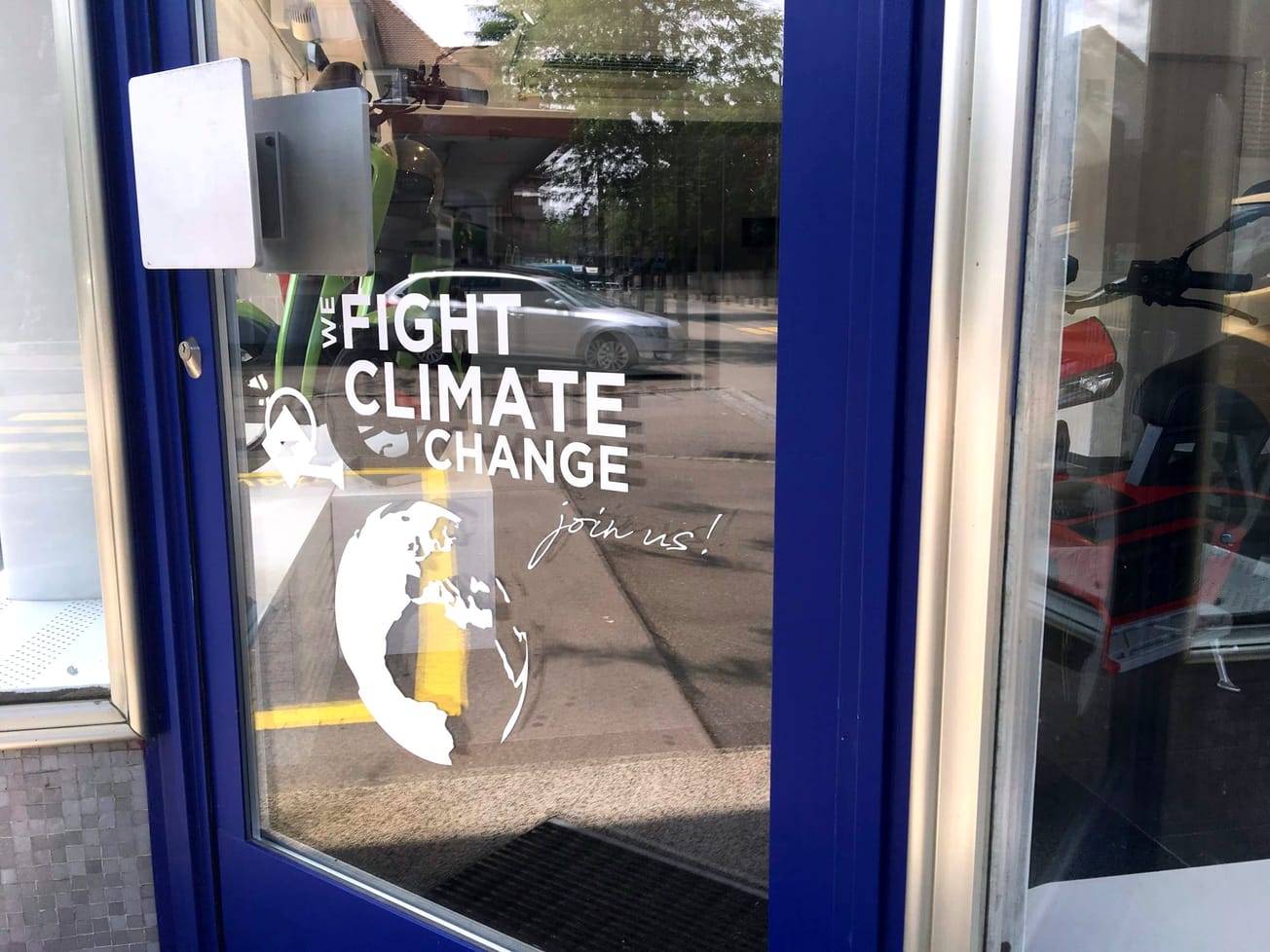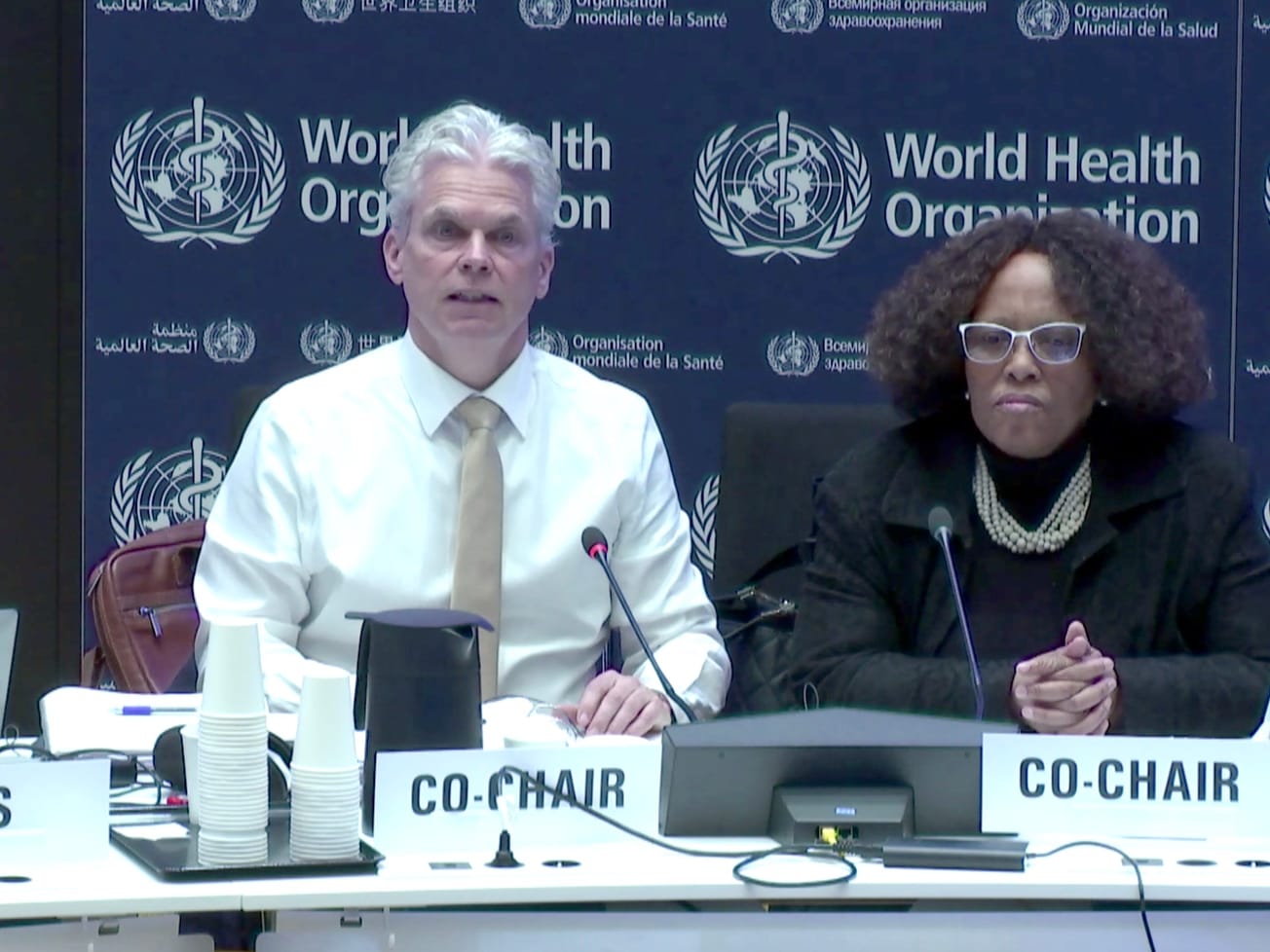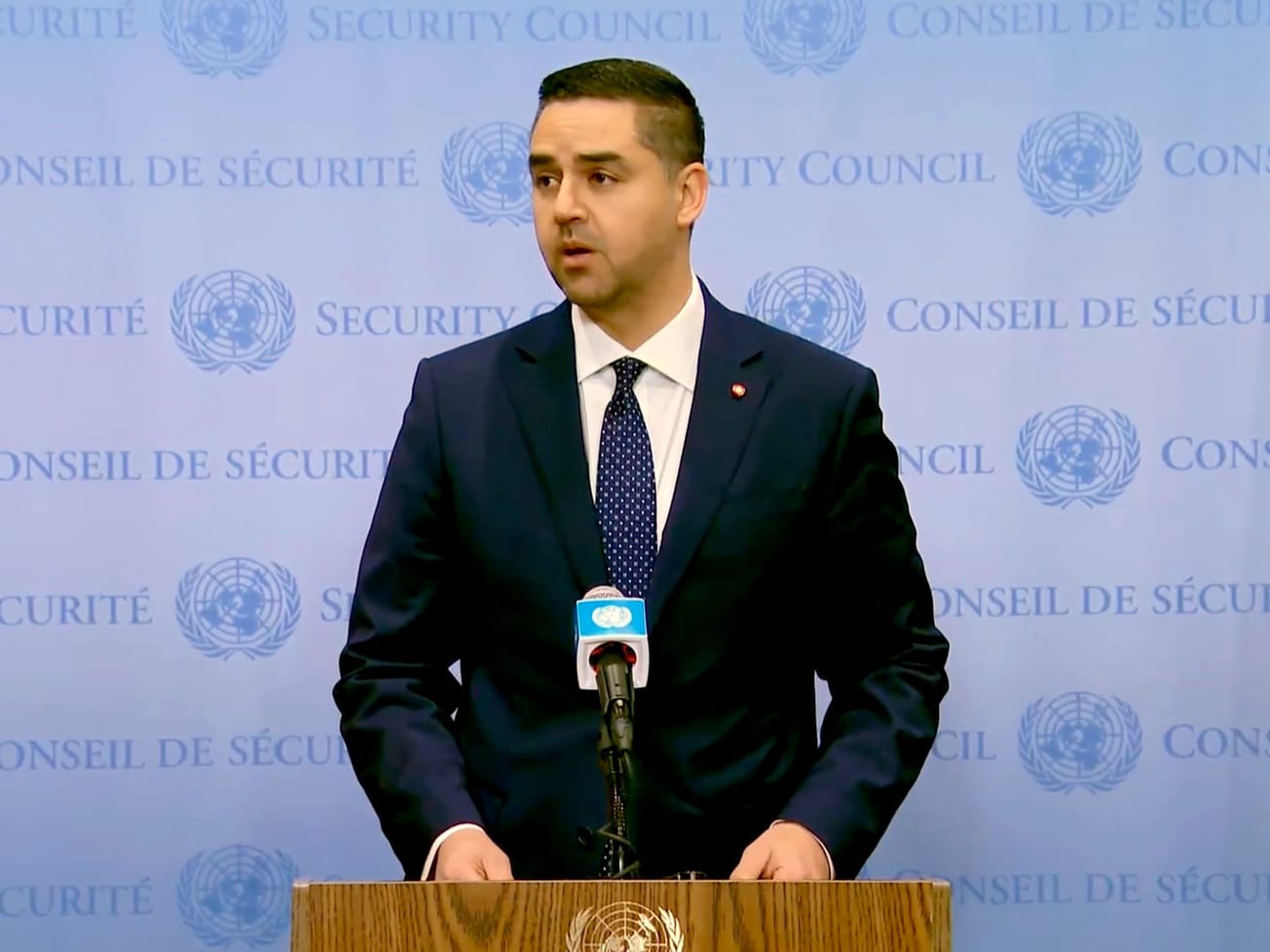GENEVA (AN) — A panel of the world's top climate scientists on Monday began putting the final touches on their latest comprehensive update about how rising temperatures are upending the planet's equilibrium.
The United Nations' Nobel Prize-winning Intergovernmental Panel on Climate Change launched a 12-day mostly online session to prepare the second installment of IPCC’s Sixth Assessment Report, which has been years in the making and delayed by the COVID-19 pandemic.







